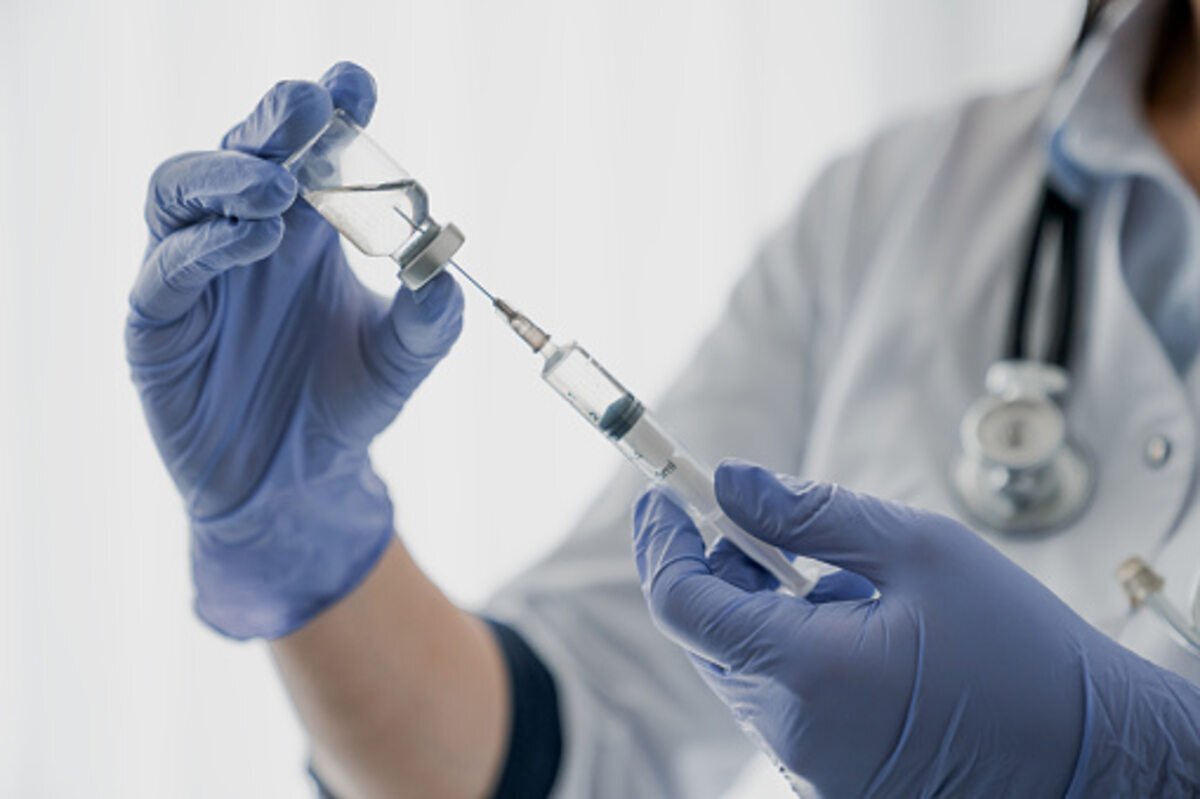In the United States, tetanus is most common in adults. In 2015, sixty percent of the reported cases were in people aged 20 to 64, and one-quarter occurred among people 65 and older. This age group is considered at high risk for death from tetanus. However, in recent years, the WHO has reported a decrease in neonatal tetanus deaths, down from an estimated 787,000 deaths in 1988. This decrease is partly attributed to higher tetanus vaccination rates in pregnant women.
Symptoms
Tetanus is an infectious disease that affects the skin and muscles. It usually starts with mild muscle spasms, especially in the neck and jaw. The muscles in these areas may become stiff and cause problems breathing. Muscle spasms can also affect other areas of the body. Severe cases can cause muscle tears and fractures. Therefore, tetanus symptoms should not be ignored and should be treated immediately.
If left untreated, tetanus can be fatal. Without treatment, respiratory failure can occur, resulting in asphyxiation and death. In severe cases, respiratory failure can lead to cardiac arrest and pneumonia. Children not receiving a tetanus vaccination are particularly susceptible to the disease.
Symptoms of tetanus may range from facial muscle rigidity to back arching and respiratory difficulties. The disease usually appears between four and fourteen days after exposure. The time between exposure and symptoms of tetanus depends on the type of wound.
Causes
Tetanus is an infectious disease caused by a bacterium. It enters the body through wounds or puncture wounds. The symptoms of tetanus usually appear between three and 14 days after infection. However, the symptoms may appear sooner or later. In rare cases, tetanus may occur due to an injury, insect bite, or dental infection.
Some of the most common symptoms of tetanus include difficulty swallowing, stiff neck, numbness, and fever. Patients may also experience severe muscle spasms that can last several minutes. The most severe muscle spasms, known as opisthotonus, can cause a patient to have difficulty breathing and swallowing.
Early diagnosis is essential. Tetanus is often treatable by antibiotics. Vaccination can protect a person against this infection. Vaccination is easy to administer and requires two injections. It should be repeated annually for optimal protection.
Treatment
Tetanus treatment usually involves a combination of oral and intravenous medications. Tetanus toxoid is the most common treatment, but penicillin G is also a practical option. Both can be given intravenously at intervals of six to eight hours. The two medications are highly effective and safe.
Tetanus is caused by a bacterium called C. tetani that is present in almost all soil, especially soil that contains animal manure. It can also be found in dust from the air, house dust, and animal and human feces. The bacterium can infect the body through even the slightest wound, triggering the release of tetanospasmin toxin.
In severe cases of tetanus, the patient will likely be hospitalized for some time and may be put under sedation or mechanical ventilation. In addition, a tracheostomy may be necessary to ensure the patient’s respiratory system recovers appropriately.
Prevention
Tetanus prevention can help keep you and your children safe. It is essential to understand the cause and symptoms of tetanus and to be aware of how it is. There are many ways to protect yourself from tetanus, including immunizing against it. However, not everyone gets immunized.
The best way to protect yourself against tetanus is to avoid deep cuts and wounds. In addition, it is essential to avoid putting bandages on wounds that aren’t clean. Instead, clean them thoroughly with saline solution or bottled water. You can also apply antibiotics to prevent bacteria from growing. A bandage will help keep the wound clean and harmful bacteria out, but if you cannot clean it thoroughly, seek medical care immediately.
Another way to prevent tetanus is to make sure you have immunity against the bacterium Clostridium tetani. Booster vaccinations are available for people who travel to areas where tetanus is common. In addition, wounds contaminated with Clostridium tetani bacteria should be cleaned well. If the wound is dirty or deep, it may require special treatment and a booster vaccine.


